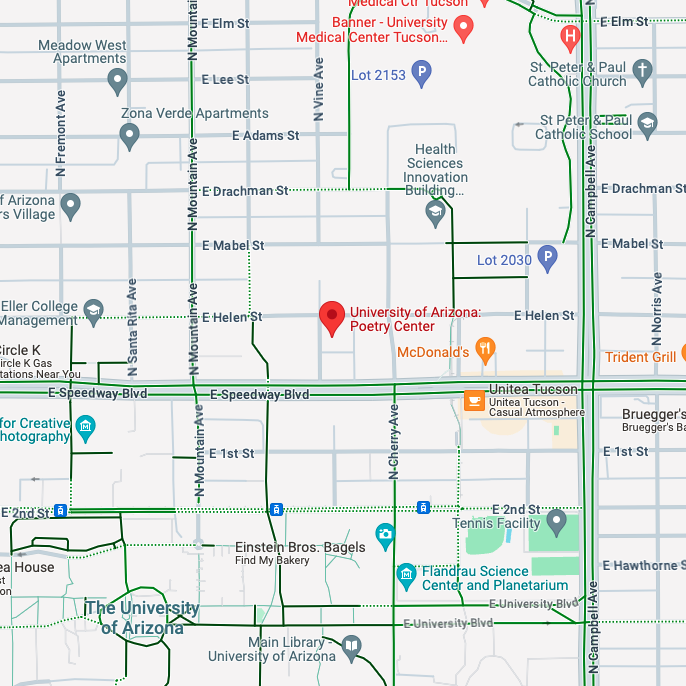This course tracks the downward spiral of the Roman Republic and the rise of the Roman Empire, starting from around 146 BC when Rome first firmly established herself as the world power and continuing through the Battle of Actium of 31 BC, where Octavian established his sole reign as ruler of the Mediterranean.
The main focus will be on primary ancient texts. We will read contemporary authors like Cicero (his orations and his personal letters), the historian Sallust and the campaign accounts of Julius Caesar. We will also read the later biographer Plutarch, whose Lives draw out timeless moral lessons about leadership. Finally, we will look at the poems of Catullus, who knew (and mocked) many of the key players of the day. Our main modern book, Scullard’s From the Gracchi to Nero is a well known introduction to the time period. We may also look at contemporary portrayals of the late Roman Republic in modern popular fiction and film. This class will raise comparisons between the late Roman Republic and our own recent political history and will raise the questions as to whether such a study is useful in navigating our own current political situation…and if it is, how should we apply it?
Mike Lippman is a Lecturer in the Classics Department at the University of Arizona. His primary field of research is ancient drama, particularly Greek comedy. He has been involved in many modern reproductions of ancient plays as translator, actor, co director, and dramaturg. He also is particularly interested in the interplay of ancient political thought and its modern usage. He teaches classes on Sparta and Athens that not only explore antiquity but present the fascinating social experiments these societies represent.






